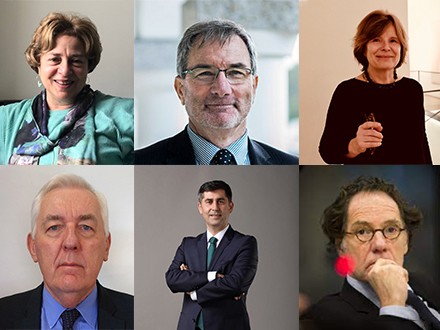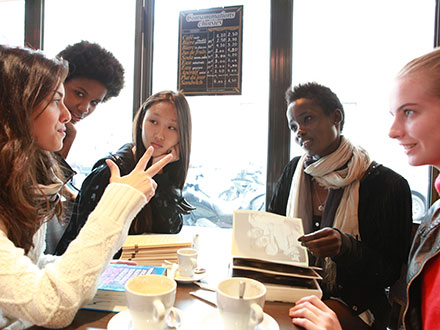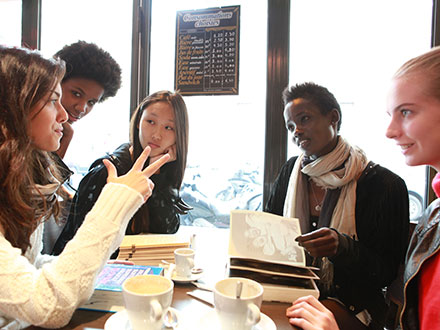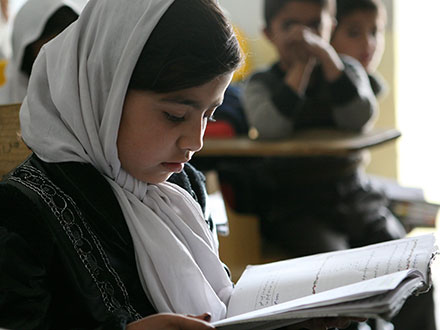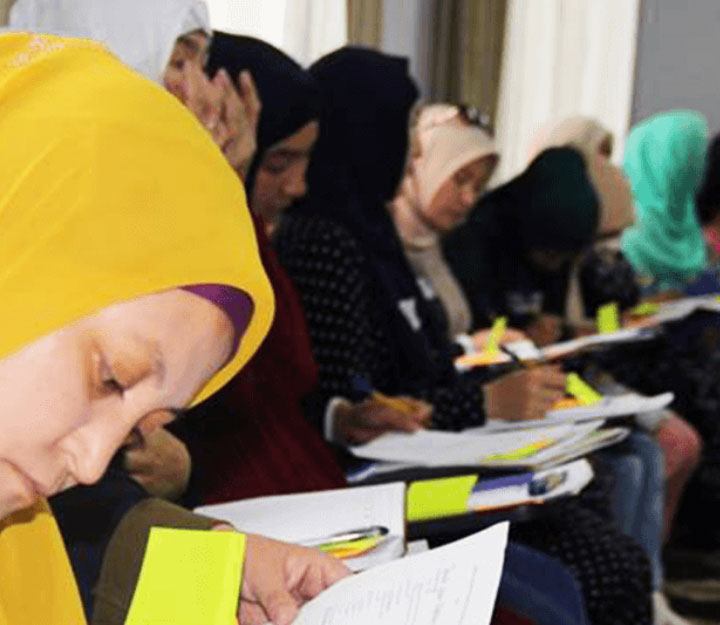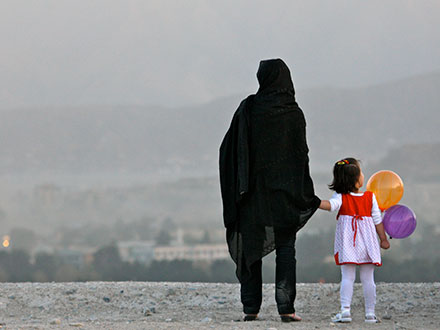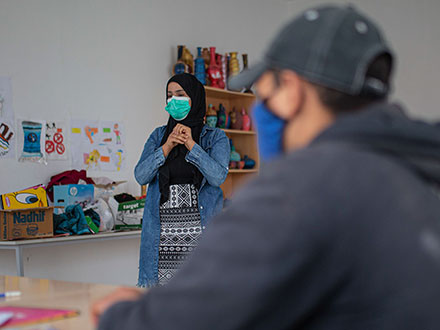From 30-31 January 2016, Hedayah, the Adyan Institute and University College London’s Centre for Research and Evaluation in Muslim Education (CREME) held the second meeting on the Counter Extremism Interreligious Collaboration project in Abu Dhabi, UAE. The overall aim of the project is to develop a white paper to be disseminated and endorsed by religious and social leaders encouraging increased interreligious collaboration to counter extremism.
The first experts meeting was held in London in November 2015, and was focused on discussing the possibilities of an interreligious alliance to counter violent extremism. At this meeting, different experts presented papers addressing extremism, its causes and ways to promote social resilience to counter it, which formed the basis for comments and discussions from the other experts. Following the two days of meetings, a first draft of the white paper was written.
The focus of the second meeting was for the experts to respond to and discuss the first draft of the white paper and planning the next steps and way forward.
The meeting opened with reflections on interreligious collaboration and the aims for the sessions given by Mr. Ivo Veenkamp, Dr. Farid Panjwani and Dr. Nayla Tabbara, followed by a presentation of the draft white paper by the drafting committee.
The further sessions of the first day concentrated on discussing the different elements of the paper and allowing the experts to comment and suggest improvements. An important focus of the first day was defining the precise aims of and limits to the content of the white paper.
On the second day, the discussions on the role of interreligious collaboration and how this will be defined and integrated in the white paper were resumed. The meeting continued with sessions including identifying the intended audience of the paper and discussing the way forward for the paper and interreligious collaboration.
The key points from the second experts meeting include: the use and abuse of religion by different extremist groups, religion as a resource to counter extremism, the role of interreligious collaboration in countering extremism and priority areas for interreligious action. It was agreed that the further development of the white paper will use evidence-based examples from different contexts as a call to action promoting interreligious collaboration as a resource for countering extremism.



